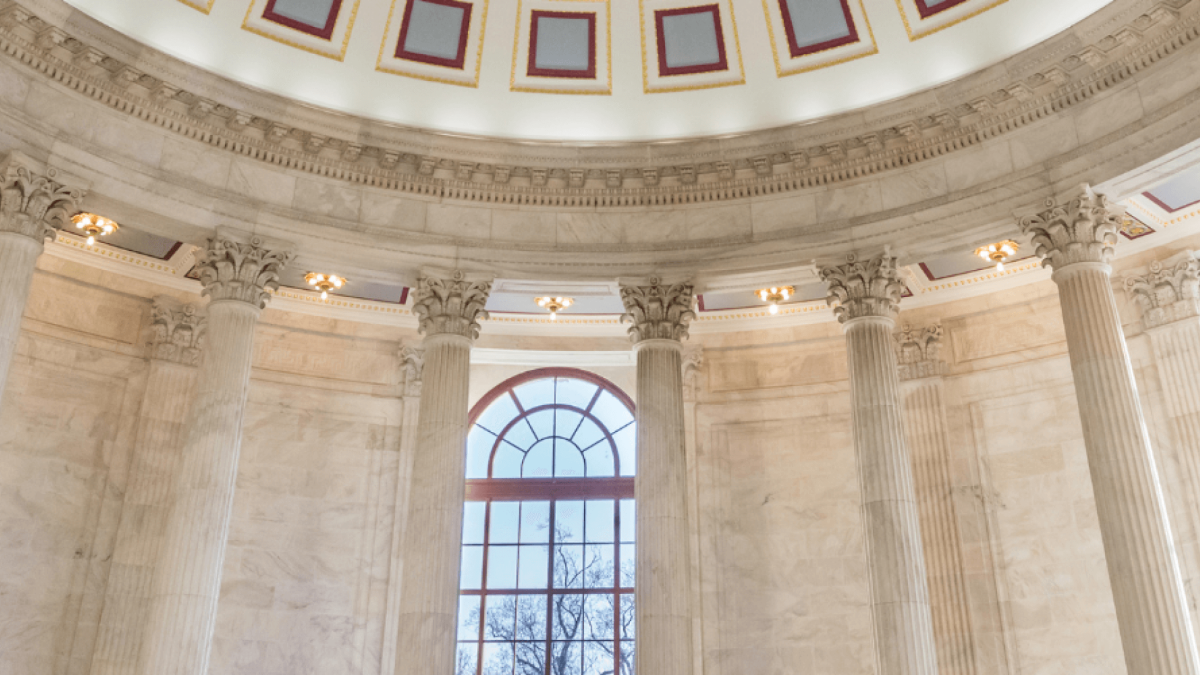California wins $3.1 billion federal grant for high-speed rail. How will it be spent?
California will receive about $3.1 billion from the Biden Administration to help advance planning and construction of the state’s bullet-train line through Fresno and the San Joaquin Valley, including extensions to Merced and Bakersfield.
Rep. Jim Costa, D-Fresno, and former House Speaker Nancy Pelosi, D-San Francisco, announced the grant from the Federal Railroad Administration in separate statements Tuesday afternoon.
The money is coming from the Federal-State Partnership for Intercity Passenger Rail, a grant program that is part of the Bipartisan Infrastructure Bill. The bulk of the funds, about $2.8 billion, will be used to bolster and extend construction now under way in the Valley.
In its grant application earlier this year, the California High-Speed Rail Authority offered details of what it would use the grant for, including:
- Buying six high-speed, electric-powered trainsets for testing and eventual passenger service on its initial operating segment from downtown Merced, through Fresno and on to downtown Bakersfield.
- Construction of a second set of tracks, instead of just one, on the 119-mile stretch now under construction from north of Madera to Shafter.
- Building a new high-speed rail station in downtown Fresno at Mariposa Street between G and H streets.
- Completing pre-constrution work including engineering and right-of-way acquisition to extend the Valley line north from Madera into Merced and south from Shafter into Bakersfield.
“For decades, I’ve worked to make California’s high-speed rail system a reality,” Costa said in his statement. “Thanks to the Bipartisan Infrastructure Law … we now have significant investment to make major progress.
Pelosi also hailed the grant award from the Federal Railroad Administration. “Caifornia takes great pride in our ambitious status as the leading edge of high-speed rail in America,” she said in her press release. “With this new $3.07 billion in federal funding, we take an important leap closer to making high-speed rail a reality in California.”
“These bullet trains will make travel quicker and easier, bring housing closer, create new jobs and economic opportunities that would otherwise be out of reach, secure cleaner air for our children and help save our planet,” Pelosi added.
FUNDING FOR CALIFORNIA HIGH-SPEED RAIL PROJECT
Earlier this year, the California High-Speed Rail Authority was passed over on its applications for about $1.2 billion from two other federal grant programs.
But the agency and its controversial bullet-train project have fared better in subsequent grant announcements. In June, the agency was awarded $20 million to help pay for the restoration of downtown Fresno’s historic Santa Fe train depot and the creation of plazas that will eventually tie in with the future high-speed rail passenger station.
And in September, the U.S. Department of Transportation announced a grant of almost $202 million to help pay for the design and construction of six major structures to eliminate railroad crossings in the southern San Joaquin Valley.
Prior to Tuesday’s announcement, the federal government has already provided about $3.5 billion toward California’s high-speed rail program, much of that announced by the Obama administration more than a decade ago from the American Recovery and Reinvestment Act.
But the project has encountered an array of schedule delays and cost increases since 2010. Operations on the Merced-Bakersfield line are currently planned to commence sometime between 2030 and 2033. The latest cost estimates for construction of the Merced-Fresno-Bakersfield segment range between $29.8 billion and $32.9 billion.
Future extensions of the system, if and when money becomes available, would reach west and north to San Jose and San Francisco, and south to Palmdale, Burbank and Los Angeles-Anaheim. No cost estimates have been offered for those extensions, which would include tunneling through mountain ranges to complete the system.
California voters approved Proposition 1-A, a $9.9 billion high-speed rail bond, in November 2008.
